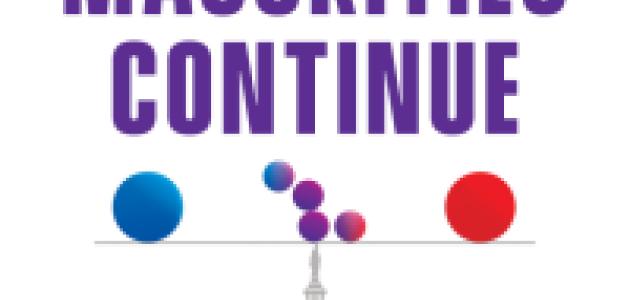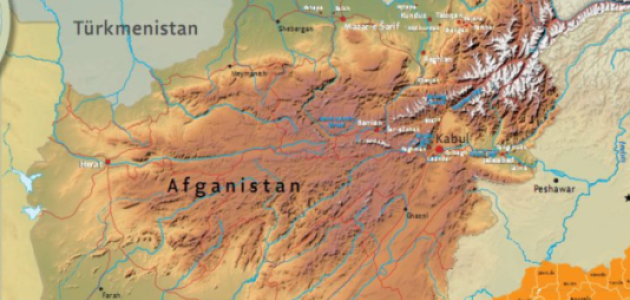Hoover fellow Terry M. Moe, a member of the Koret Task Force on K–12 Education, challenges the findings of the 33rd Annual Phi Delta Kappa/Gallup Poll of the Public's Attitudes Toward the Public Schools. In a new article published in the spring issue of Education Next: A Journal of Opinion and Research, Moe finds that the framing and wording of key questions on school vouchers bias the survey against vouchers and inaccurately represents public opinion on the issue. Phi Delta Kappa's recent claim that public support for vouchers is in "significant decline," Moe argues, is without foundation.
"From the 1970s until 1991, [Phi Delta Kappa] measured voucher support with a survey item that defined vouchers as a government-funded program allowing parents to choose among public, private, and parochial schools. After support rose to 50 percent (with 39 percent opposed) in 1991, PDK abruptly dropped this item in favor of a new one," writes Moe. "The new question read: 'Do you favor or oppose allowing students and parents to choose a private school to attend at public expense?'" This question, first asked in 1993, gave results that were strikingly more negative: only 24% expressed support. Indeed, it indicated that even private school parents were opposed to vouchers, a result no expert would be prepared to believe."
Moe argues that PDK's "at public expense" item, asked regularly on its annual survey since 1993, is a woefully inappropriate measure that provides artificially low figures on public support for vouchers. He also shows that, in recent years, the support scores have been further depressed by new lead-in questions that predispose respondents to see vouchers in a negative light before they even get to the "at public expense" item.
Finally, Moe shows that PDK's claims about the public's low and declining support for vouchers does not comport with the findings of other surveys. Those that use informative, more neutrally worded questions consistently show higher (usually much higher) levels of public support than PDK's "at public expense" item does. For example, "In 1996 Gallup tested support for vouchers on two separate occasions, and each time came up with support scores of 59 percent. In 2000 it surveyed opinion using the identical question, resulting in support of 56 percent. And in 2001 it used a virtually identical question and found support to be 62 percent."
All in all, Moe says, the "most reasonable conclusion is that the 'significant decline' in voucher support—loudly proclaimed by PDK and reported by the media as fact—is an artificial phenomenon of PDK's own making."
About the Author
Terry M. Moe, a senior fellow at the Hoover Institution and professor of political science at Stanford University, is the author of Schools, Vouchers, and the American Public (Brookings Press, 2001) and editor of A Primer on America's Schools (Hoover Press, 2001).
Education Next is a new voice in American education committed to looking at hard facts about school reform. It is both a scholarly journal that provides the latest in policy-relevant research findings and an opinion magazine where evidence counts.
Education Next is published by the Hoover Institution. Other sponsoring institutions are the Harvard Program on Education Policy and Governance, the Thomas B. Fordham Foundation, and the Manhattan Institute for Policy Research. The editors of Education Next include Hoover fellow Paul E. Peterson, editor in chief; Hoover distinguishing visiting fellow Chester E. Finn Jr.; Frederick M. Hess, University of Virginia; Marci Kanstoroom, research director, Thomas B. Fordham Foundation; and Martin West, Harvard University.
Members of the Hoover Institution's Koret Task Force make up the editorial board of the journal. In addition to Peterson, Finn, and Moe, task force members include Hoover fellows Williamson M. Evers and Eric Hanushek, and Hoover distinguished visiting fellows John E. Chubb, Paul Hill, E. D. Hirsch Jr., Caroline Hoxby, Diane Ravitch, and Herbert J. Walberg.
The Koret Task Force is an elite team of scholars specializing in education reform who have been brought together by Hoover director John Raisian to address the national debate over public education. As part of Hoover's American Public Education Initiative, members of the Koret Task Force have been charged with analyzing the current state of public education and finding possibilities for meaningful reform.
The Hoover Institution, founded at Stanford University in 1919 by Herbert Hoover, who went on to become the 31st president of the United States, is an interdisciplinary research center for advanced study on domestic public policy and international affairs.













